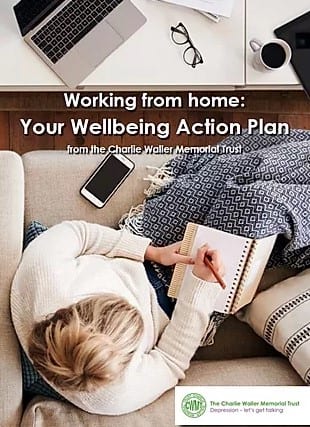It’s fair to say that the outbreak of Coronavirus and the more recent ‘lockdown’ in the United Kingdom has had a significant impact on work for many of us, and for many that means working from home, especially those of us working in small businesses, but also larger organisations. Less than 30% of the workforce had worked from home during 2019, and now we are being required to do so where possible. This represents a substantial change as our home has become our place of work, and there are additional challenges at play because of the current pandemic. In previous posts I have concentrated on the practical aspects of WFH but this post looks at the important mental wellbeing aspects of being forced to work from home, often alone.
In times of such uncertainty, many of us are understandably living with a heightened sense of anxiety. Many people are feeling worried and fearful of what will happen in the coming days, weeks and potentially months and having to quickly adjust to major changes in their lives.
Our friends at the Charlie Waller Memorial Trust teach people how to look after their mental health and give people practical strategies to take care of their mental wellbeing. They have adapted their Workplace Wellbeing Action Plan so that it can be used while working from home, and by managers supporting staff who are working remotely. It’s a practical tool that we can all use whether or not we have a mental health issue, and it includes a positive daily plan that you can fill in.
We urge all of you working from home – employees, freelancers, the self-employed or consultants, whatever your status – and business owners too, small or large, with staff working from home, to read it and support each other.

